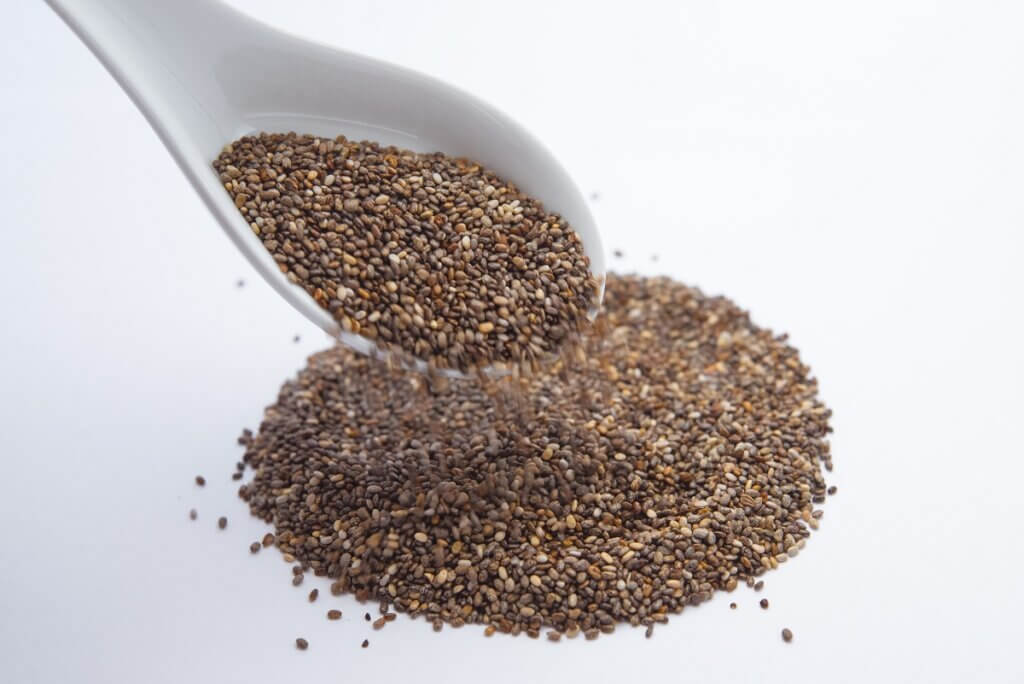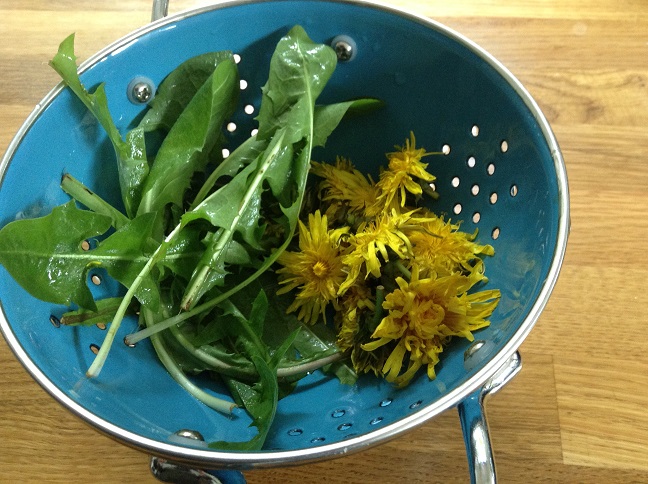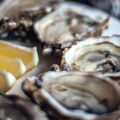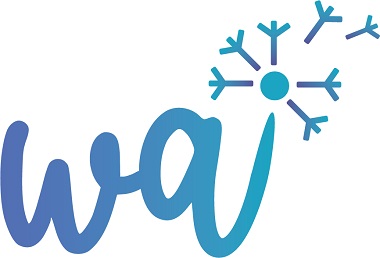Anyone on a vegan, plant food based diet and anyone has a dairy allergy will have no doubt worried about their calcium intake. This blog post is for you, because I want to make sure I’m consuming easily absorbed sources of calcium, not just powdered supplements which are arguably not as readily utilised or absorbed into our bodies as we might hope.
Vegans, just a warning, I have also included egg, fish and meat sources for those who are dairy allergic but not sticking to a completely vegan diet.
You might be surprised to learn also that dairy milk is not the highest source of calcium!

What you need to know about calcium
Calcium is needed at all ages for strong bones and teeth. It also helps to make our blood clot normally and regulate our heartbeat. (Source: NHS)
The amount needed, or Recommended Daily Allowance (RDA) needed in your diet varies from infants who need 525 mg, children 350-550 mg, adolescents 800-1000 mg and adults at 700mg. This figure varies for post menopausal women, breastfeeding women and those with coeliac disease who need more as the may struggle absorb nutrients.
Why you also need Vitamin D to absorb Calcium
Vitamin D – Did you know that taking a Vitamin D supplement or making sure you are getting Vit D in your diet will help you absorb calcium and regulate both calcium and phosphate. Vitamin D can be found in oily fish such as salmon, sardines, herring and mackerel, Red meat and liver, Egg yolks and Fortified margarine / butter and breakfast cereals. It is important to also get Vitamin D from sun exposure.
Magnesium – is also needed to help calcium absorption and transportation to the right places in the body e.g skin, bones and teeth. Without magnesium too much calcium can cause arthritis as deposits get left in the wrong places in the body.
Natural Calcium supplements

I’m not sure whether calcium supplements are the best way to get calcium into your diet. They are often chalk and shell based and it’s debatable whether our bodies can easily use this kind of source.
There is some evidence that it’s not easily absorbed.
I’m taking Alfalfa Supplements from G&G Food Supplies each day – it’s a much better way of getting some calcium into your body if you aren’t sure you diet is achieving that.
The alfalfa contains calcium, magnesium, potassium and E and K.
Sources of Calcium in food
| Type of food | Quantity | Calcium (mg) |
|---|---|---|
| Collard greens, cooked | 1 cup | 266 mg |
| Broccoli rabe, cooked | 1 cup | 100 mg |
| Kale, cooked | 1 cup | 179 mg |
| Soybeans, cooked | 1 cup | 175 mg |
| Bok Choy, cooked | 1 cup | 160 mg |
| Figs, dried | 2 figs | 65 mg |
| Broccoli, fresh, cooked | 1 cup | 60 mg |
| Sesame seeds | 1 cup | 1404 mg |
| Sunflower seeds | 1 cup | 35.88 mg |
| Pumpkin seeds | 1 cup | 59.34 mg |
| Spinach (cooked) | 1 cup | 244 mg |
| Almonds | 1 cup | 378 mg |
| Blackstrap Molasses | 1 Tablestpoon | 10% RDA |
| Rhubarb | 1 cup cooked | 348 mg |
| Amaranth | 100g | 47 mg |
| Edamame and Tofu | 1 cup | 98-334 mg |
| Eggs | 1 large cooked | 29 mg |
| Nori flakes | 1 sheet | 29 mg |
| Quorn | 50g | 15 mg |
| Sardines (tinned) | 1/2 tin | 260 mg |
| Orange (fresh) | 1 medium | 75 mg |
| Almond butter | 1 tbsp | 36 mg |
| Peas (cooked or frozen) | 1-2 tbsp | 25 mg |
| Soya (minced) | 50g | 40 mg |
| Salmon (tinned) | 1/4 tin | 25 mg |
| Prawns | 10 or 30g | 50 mg |
| Wholemeal bread | 1-2 slices | 27-54 mg |
| Pitta bread | 1 | 60 mg |
| Baked beans | 100g | 50 mg |
| Nettle leaf tea | 1 cup | 5-10mg |
| Nettle infusion* | 1 cup | 500mg |
| Cow’s Milk (for comparison only) | 1 cup | 300 mg |
There are some really interesting foods above, and particularly the amount of calcium in sesame is staggering!
Getting calcium from foraged weeds and plants
Other great sources if you like a bit of foraging are:

- Dandelion leaves – best foraged early in spring when they are fresh and tasty
- Plantain – like dandelions and common in most cities and gardens
- Nettle leaves – fresh harvested and added to soups last minute or in fresh mint tea. * To make an infusion you would put the nettle leaves into a jar and soak for 4-8 hours.
- Lambs quarters – a weed that tastes a bit like spinach
You could also choose fortified cereals, orange juice and plant milks but I’ve focused above on those naturally occurring in our daily foods.
Sources and Resources
- A guide to Calcium rich food – The Osteoporosis Foundation
- 15 most calcium rich foods – Healthline
- Calcium Information from the NHS
- Healthiest backyard weeds
If you’re worried about Osteoperosis you might be interested in this very interesting article which discusses that it’s not just about calcium, in fact it’s a whole lot more complex than that. Read Osteoperosis – Bone Density loss here.
I’d love to know if you found this useful. I found it very interesting to compile and will be making a concerted effort to incorporate as many of these as I can.
You may also find the following interesting:
- Is Calcium Carbonate in supplements suitable for vegans and fish allergic people?
- 10 herbal teas for allergies
- Natural treatments for allergic asthma
Image source: Photo by Bruno Scramgnon on Pexels












Leave a Reply